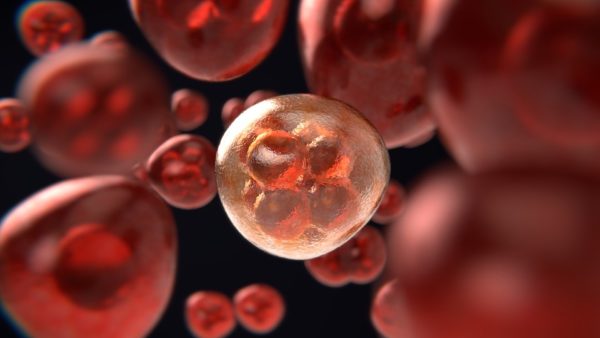Scientists suspect that the complex life that slithers and crawls through every nook and cranny on Earth emerged from a random shuffling of non-living matter that ultimately spit out the building blocks of life.
Even so, the details to support the idea are lacking.
But researchers recently got creative in figuring out the probability of life actually emerging spontaneously from such inorganic matter — a process called abiogenesis.
In the study, Tomonori Totani, a professor of astrophysics at the University of Tokyo, modeled the microscopic world of molecules across the epic scale of the entire universe to see if abiogenesis is a likely candidate for the origin of life. He was essentially looking at whether there were enough stars with habitable planets in the universe at the time to allow complexity to arise. His results, published Feb. 3 in the journal Nature, show the betting odds for life emerging are not good, at least for the observable universe.



